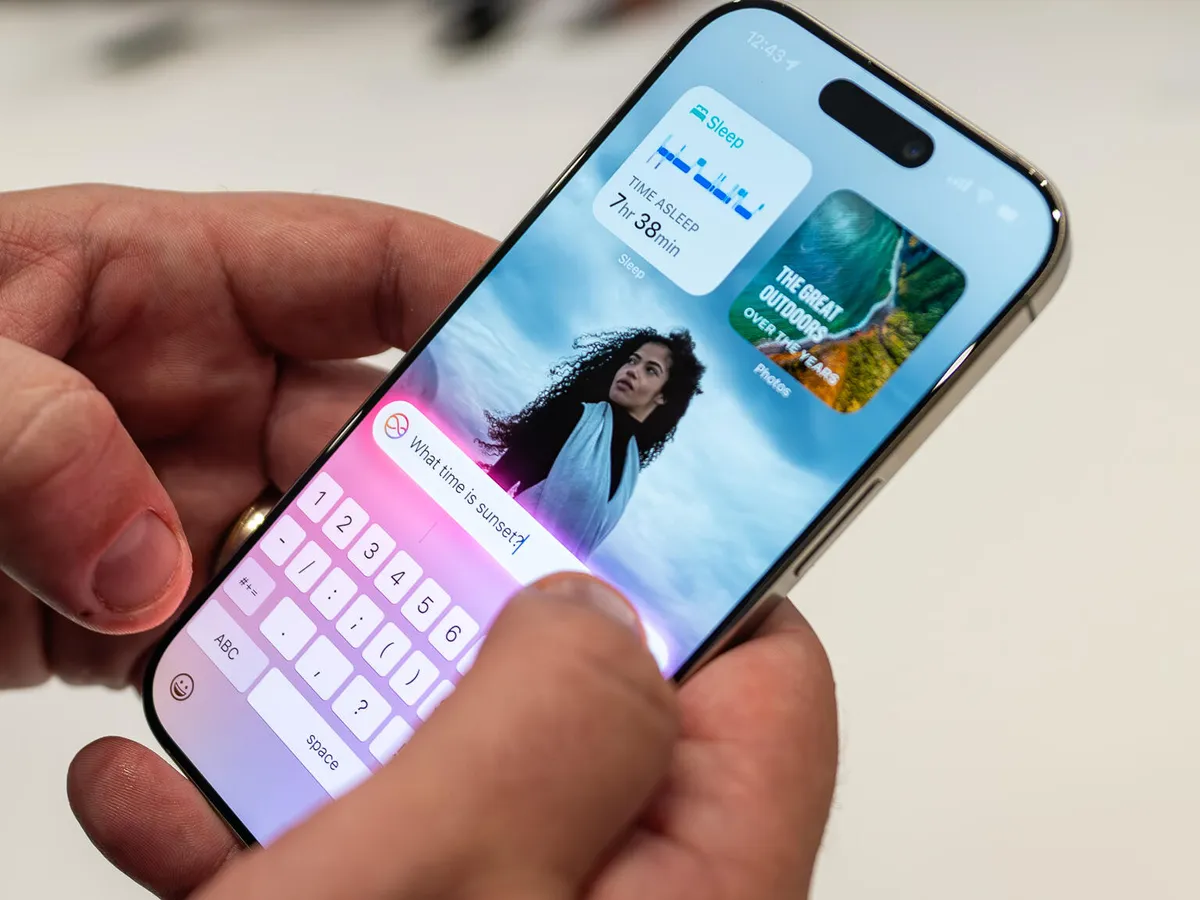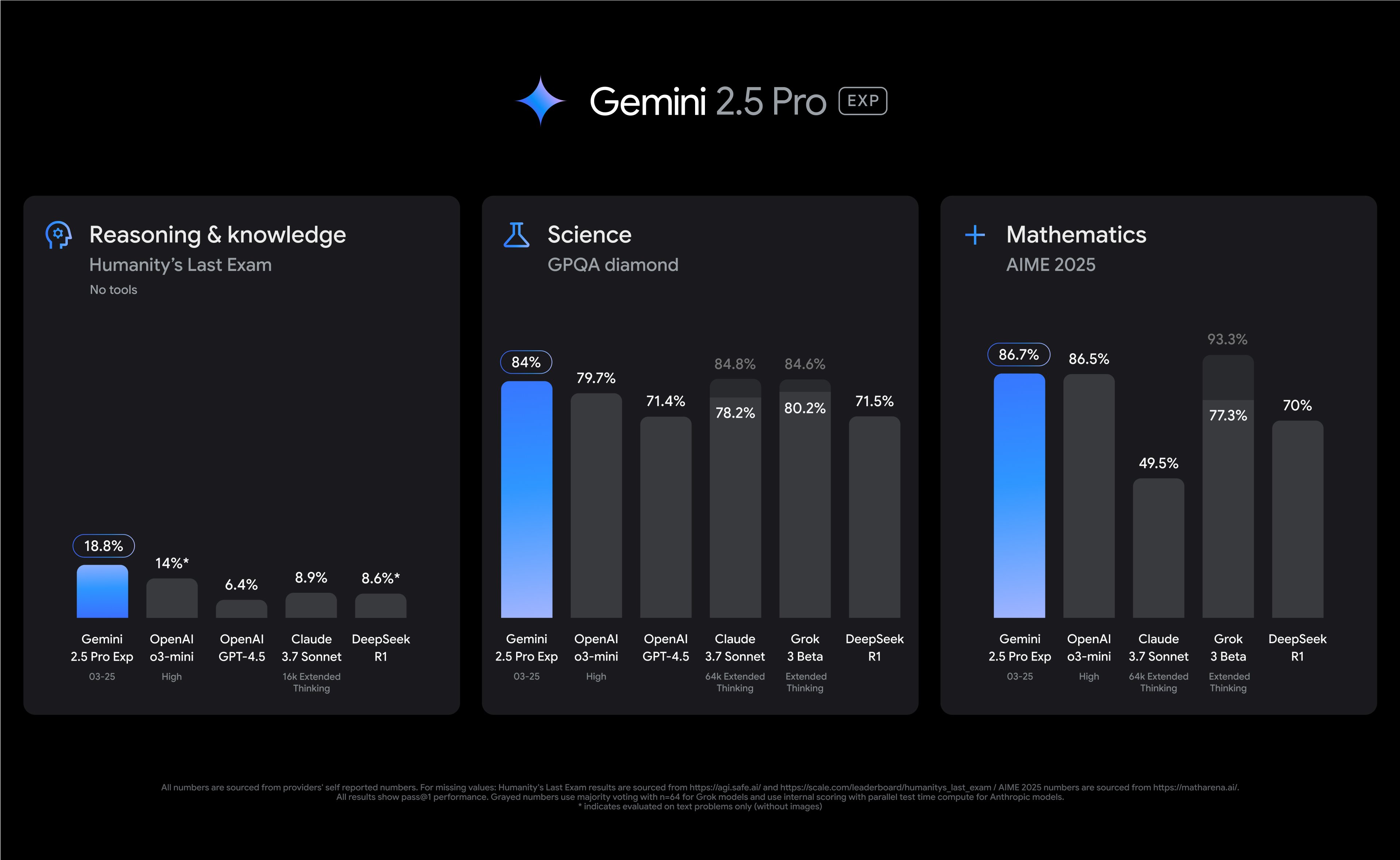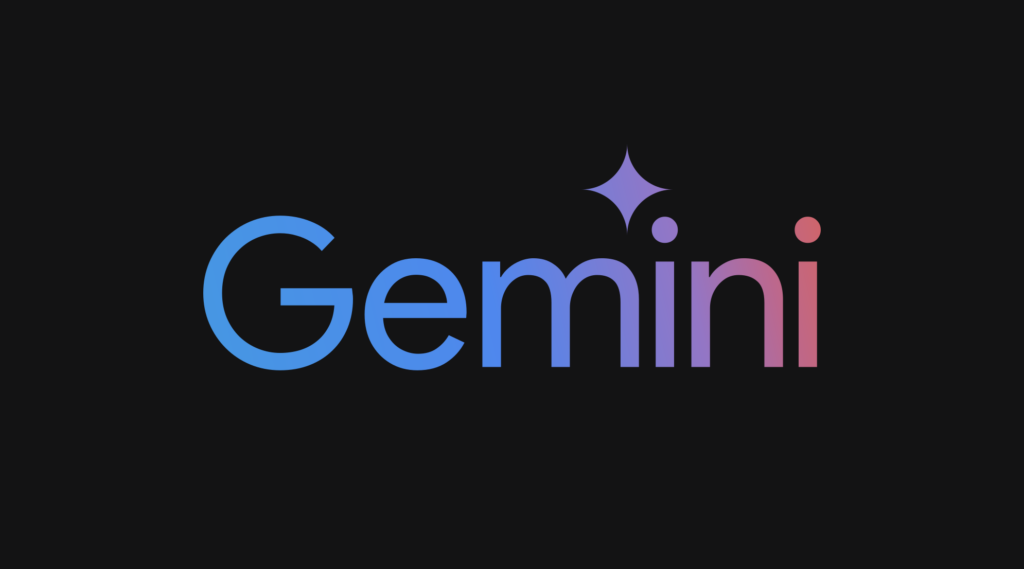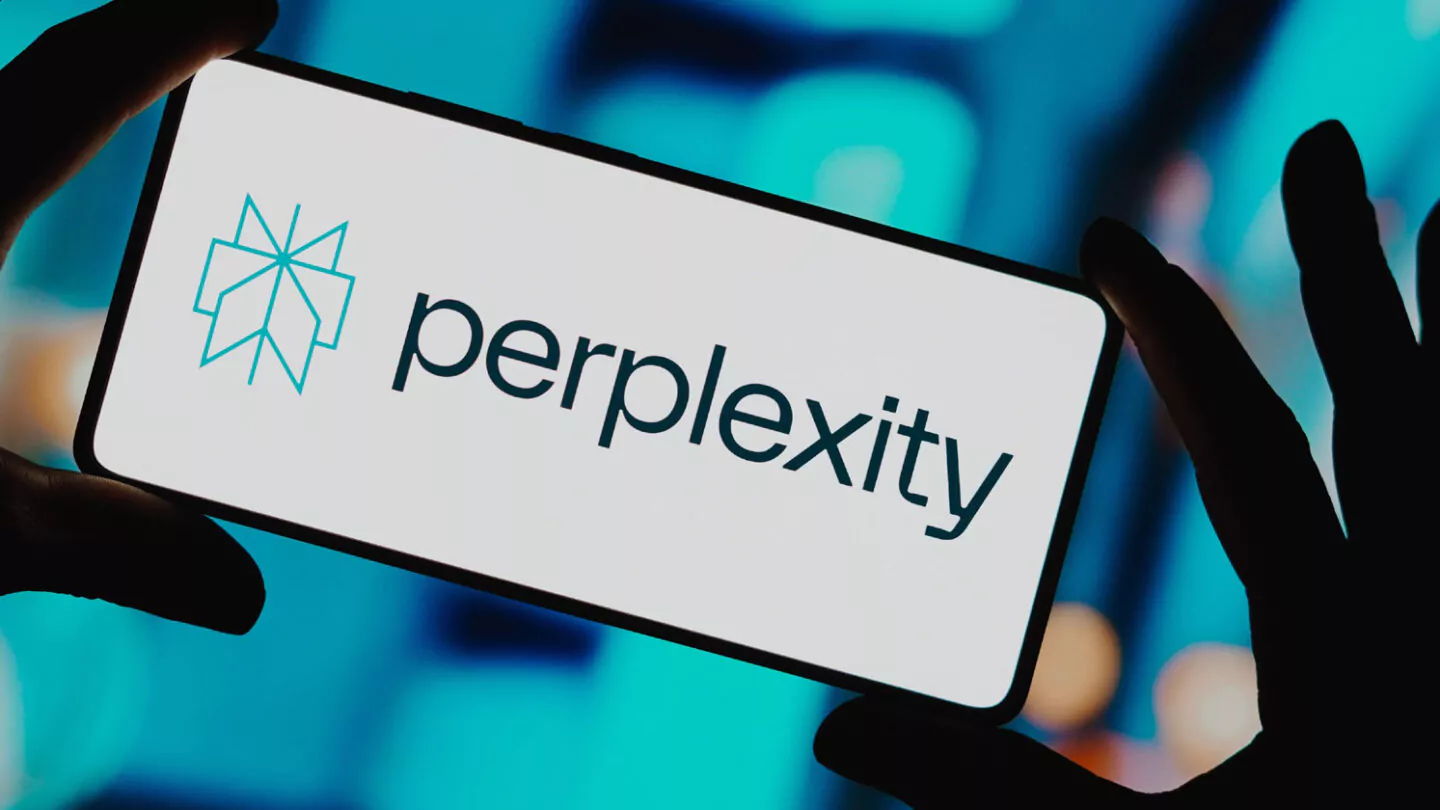Apple has announced a delay in launching its much-anticipated AI enhancements for Siri, marking another setback in its efforts to integrate generative AI into its products. The delay, disclosed in a company statement on Friday, signals that the rollout of advanced capabilities—initially showcased under the Apple Intelligence banner—will take “longer than we thought.”
At its high-profile developers’ event in June, Apple had promised that Siri would soon be smarter, more deeply integrated with the iPhone, and increasingly personalized to individual users. While steps have been taken to integrate Siri with OpenAI’s ChatGPT and to develop a dedicated cloud infrastructure prioritizing privacy and security, some of the most innovative features remain on hold.
Key Features Delayed
Among the postponed innovations are:
- On-Screen Awareness: This feature was expected to enable Siri to identify and interact with on-screen elements—such as detecting an address within a text and offering to add it to a contact list.
- In-App Actions: Another anticipated upgrade was Siri’s ability to execute tasks within third-party apps, such as retrieving specific photos based on user instructions.
These advancements, aimed at shifting from manual interactions to a more voice-driven interface, are now projected to roll out “in the coming year,” potentially delaying availability until as late as 2026. Apple has yet to provide further details on the reasons behind these delays.
Competitive Pressure and Market Dynamics
The postponement comes as the entire consumer hardware industry leans into AI “agents” to enhance product appeal. Apple’s competitors have already made significant strides in this area:
- Samsung has integrated Google’s Gemini AI into its latest smartphones, highlighted in a recent advertising campaign for the S25 Ultra.
- Amazon recently unveiled a conversational version of Alexa designed to offer more natural interactions.
- OpenAI continues to evolve ChatGPT’s voice capabilities, intensifying the competition.
Analysts suggest that these developments could be crucial in influencing consumer decisions, especially as Apple attempts to overhaul a 14-year-old voice assistant to maintain its competitive edge. However, early reports indicate that the new AI features have not yet translated into a noticeable boost in iPhone 16 sales.
Check this out:
Looking Ahead
While Apple Intelligence is currently available only in English and a few regional variants, the company is set to expand language support next month—a milestone it expects to meet on schedule. In international markets like China, Apple faces additional challenges navigating local regulatory requirements and competition from domestic tech giants. A recent partnership with Alibaba was viewed as a promising step toward bolstering Apple’s AI capabilities in the region.
As the race for advanced AI features intensifies, Apple’s delays underscore the challenges of keeping pace with rapid technological advancements, even for industry leaders. Consumers and industry watchers alike will be keenly observing how and when these new features will ultimately enhance the Siri experience.


































